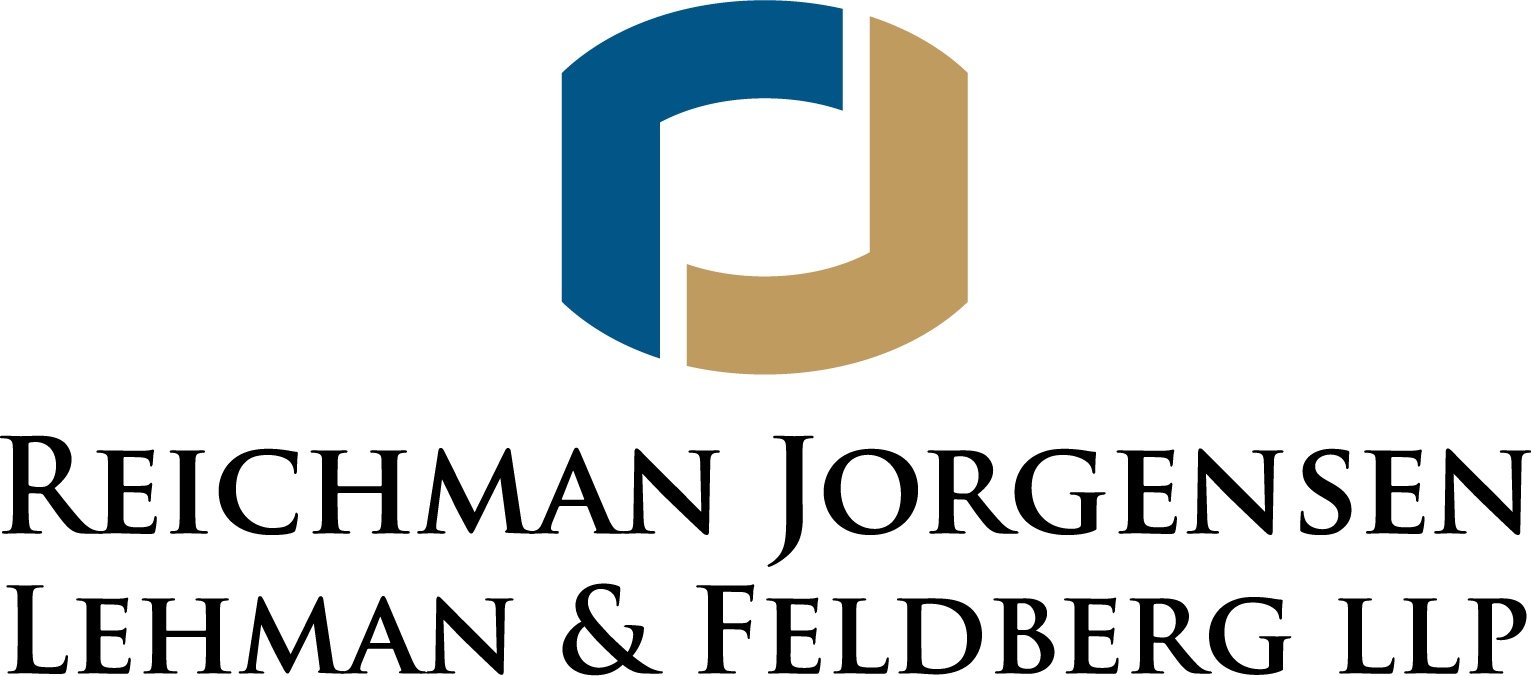IAM Flags $525 Million Verdict for Kove as Top 10 of Decade
A recent IAM article covered RJLF’s $525 million verdict for Kove IO against Amazon Web Services, highlighting the win as the highest patent jury verdict of the year and positioning it among the top 10 largest damages awards of the decade.
Courtland Reichman, Managing Partner at Reichman Jorgensen and lead trial attorney for Kove, shared the magnitude of AWS’s infringement, stating:
“Literally, they used the technology trillions of times so our goal in the case was to reduce damages. He further explained the strategic approach to calculating damages, noting, “If we did a conventional damages calculation, the damages would have been in the billions and it was too much money for a case like this. In the end, the jury gave us more money than we asked for,” showcasing the jury's acknowledgment of the significant value and impact of the infringed patents.
This verdict is particularly notable not only for its size but also for its context within a broader legal landscape where high-value damages awards are often scrutinized and challenged on appeal. Reichman addressed this reality, acknowledging the historical trend of reversals at the Federal Circuit, but remained optimistic about the outcome of this case:
“The track record is on Amazon’s side, in terms of the Federal Circuit – they don't usually affirm any verdicts,” yet he also expressed confidence, “We expected to have to go the distance, but I think this one has a good chance.”
The technology at the heart of this dispute, developed by Kove’s CEO John Overton and inventor Stephen Bailey, was foundational to AWS’s ability to become a leading provider of economical cloud infrastructure and services. Reichman pointed out the novelty and necessity of the patented technology, saying:
“There was no market for this technology back then because nobody was trying to do databases of that size. It became necessary when this hyper-scalable world was created.”
Reichman also detailed the challenges faced during the trial, including AWS’s late attempt to introduce noninfringement positions, which were ultimately struck by the judge. In his closing arguments, Reichman presented a compelling narrative contrasting fact with fiction, emphasizing the strength of Kove’s position and questioning AWS’s lack of a defensible stance. He remarked on the jury's reaction to AWS’s approach:
“I think the arrogance of them coming into court with no position and thinking that they could just fool the jury made them mad. Amazon thought they could just come in and just be Amazon and that would be enough.”
Along with Reichman, the Kove trial team included RJLF attorneys Christine Lehman, Shawna Ballard, Khue Hoang, Jennifer Estremera, Jaime Cardenas-Navia, Adam Adler, Taylor Mauze, Philip Eklem, Savannah Carnes, Naveed Hasan, Navid Bayar, and Brian Baran.
The full article can be found here (note: subscriber access only).
